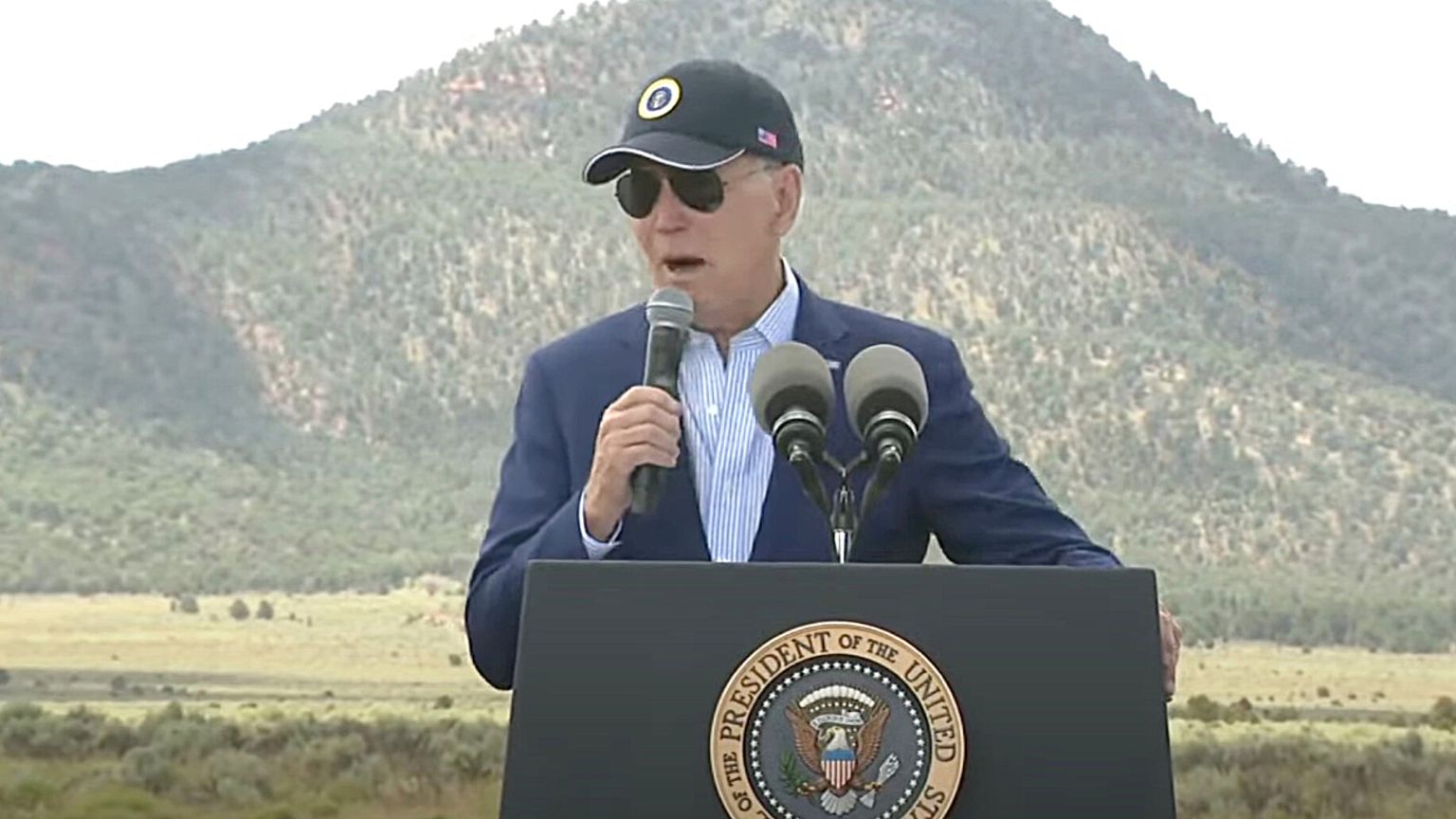Presented as an effort to safeguard speech rights, the Biden administration has called on the Supreme Court to dismantle controversial segments of the anti-censorship social media laws ratified in Florida and Texas.
We obtained a copy of the filing for you here.
(President Biden is also using the argument that banning his administration from asking platforms to remove speech is a First Amendment violation.)
The laws in question restrict the autonomy of leading social media platforms by preventing them from censoring citizens speech and discriminating on the basis of political viewpoint.
Both Florida Governor Ron DeSantis and Texas Governor Greg Abbott staunchly support these laws as a means of protecting voices from being suppressed. Governor DeSantis, at the law signing in May 2021, criticized Big Tech’s bias for Silicon Valley ideology and emphasized the need for accountability.
The Texas law, featuring a provision prohibiting discrimination based on viewpoints, incorporates several exceptions, permitting platforms to ban content promoting violence, criminal behavior, child exploitation, and harassment of sexual-abuse survivors and more. The law presses social media platforms to adopt user complaint procedures, disclose content and data management practices, and publish a comprehensive biannual transparency report.
The legislation only applies to platforms attracting over 50 million monthly users.
The Florida law has a similar scope and, in addition, mandates a detailed justification for each content moderation. The legislation also forbids the banning of political contenders or “journalistic enterprises.”
US Solicitor General Elizabeth Prelogar perceives this as an encroachment on First Amendment rights. She contended in a recent court filing that such laws infringe the liberty of tech giants in selecting, editing, and arranging user-generated content. Essentially, she claimed these actions are all protected under the First Amendment.
Endorsing two industry trade groups that have formally contested the laws, she implored the Supreme Court to scrutinize both measures.
Federal appeals courts, however, are divided over the issue. The 11th US Circuit Court of Appeals in Atlanta has primarily blocked Florida’s legislation, deeming it potentially unconstitutional. Conversely, the New Orleans-based 5th Circuit backed the Texas law but held it back to permit an appeal to reach the Supreme Court.
Certainly, both states, as well as the trade groups, are petitioning the Supreme Court to adjudicate on a range of issues concerning the two cases. An announcement of the court’s decision is expected as early as September.
While Prelogar largely aligns with the social media companies, she refrained from endorsing their protest against the “general-disclosure provisions” that require the publishing of content-management policies and production of transparency reports. These issues, she argued, are not the main subject of the lawsuits and high court review would be premature.










